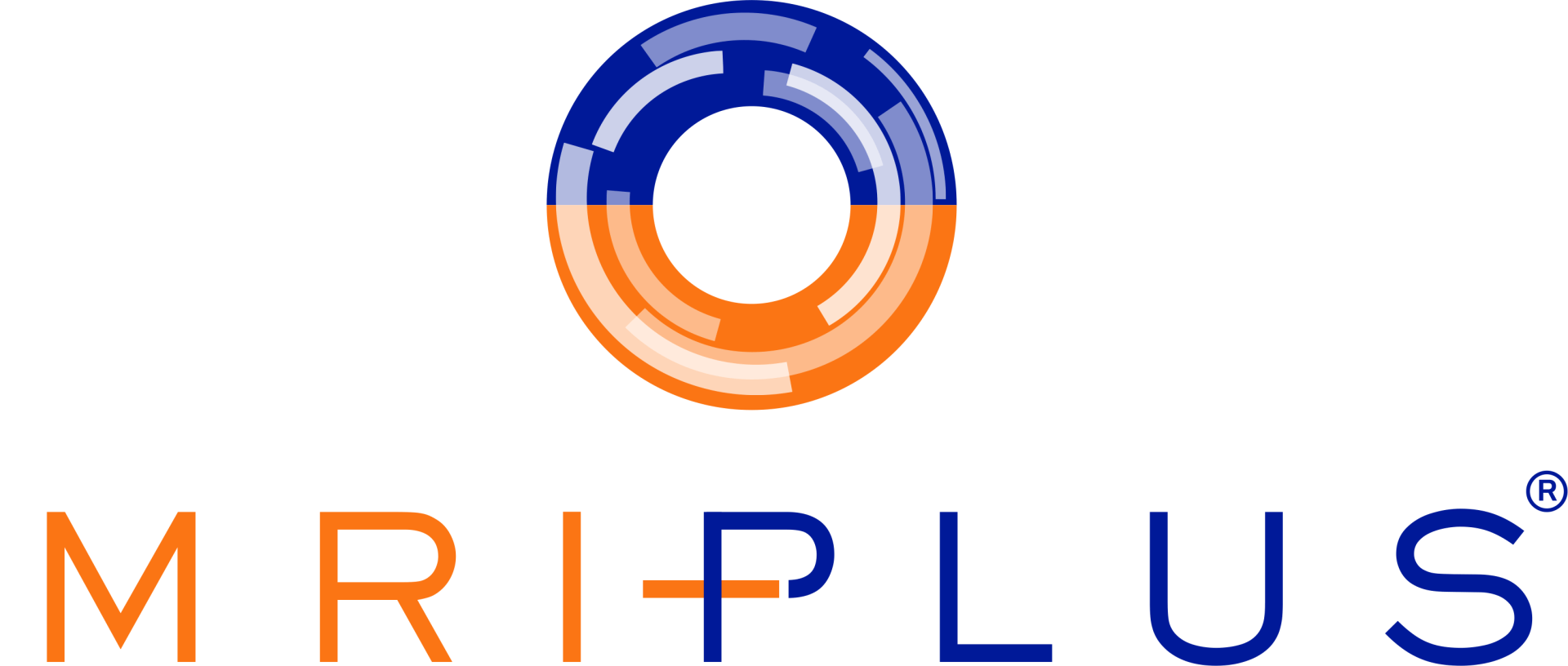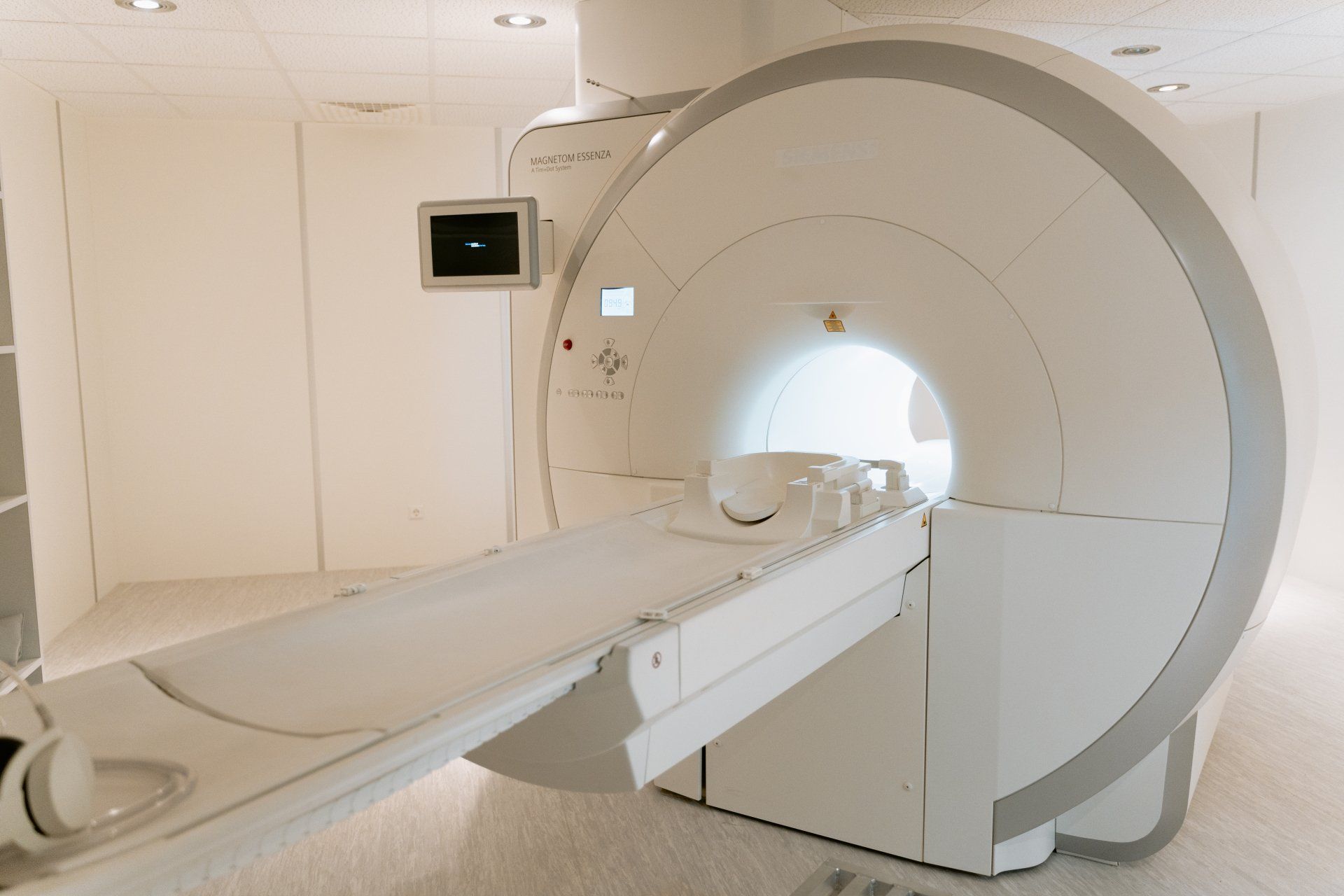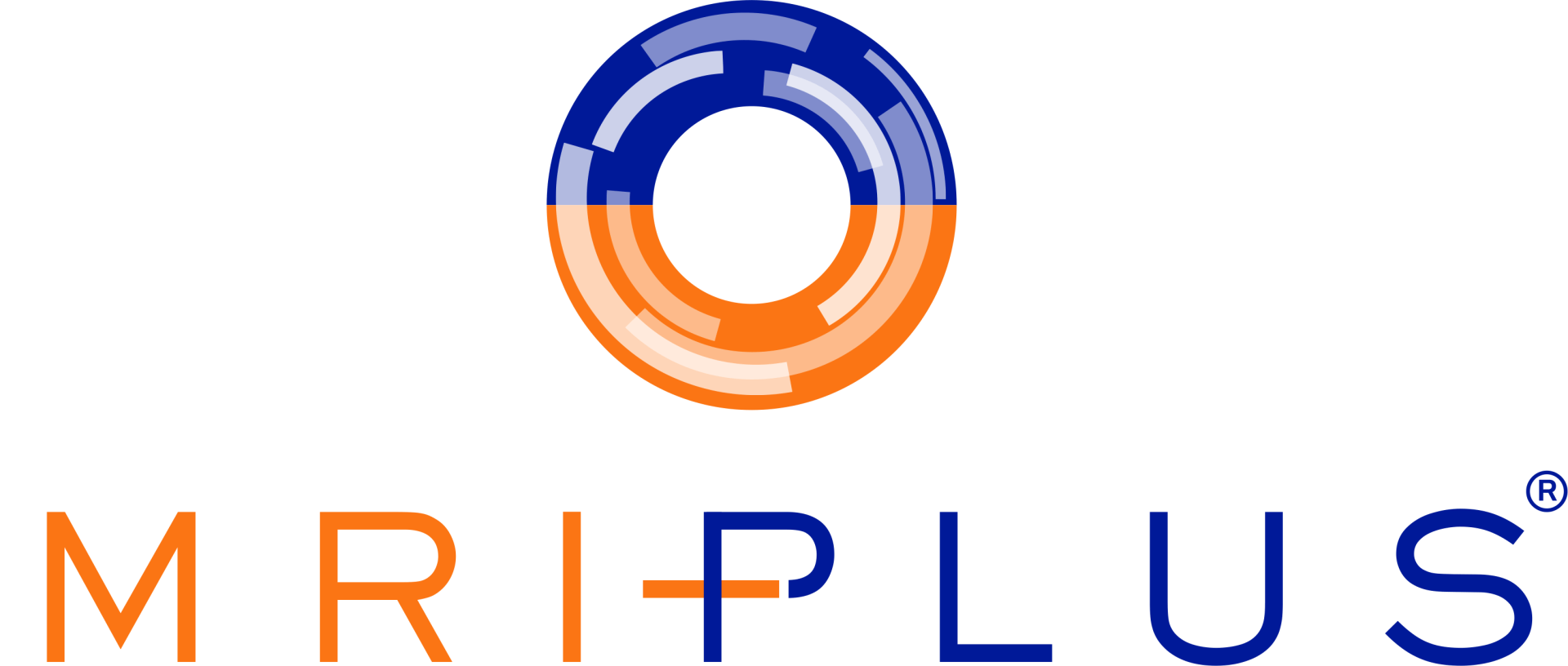Do I Need an MRI Scan for Back Pain?
Do I Need an MRI Scan for Back Pain?
Back pain is a common ailment affecting millions of adults of all ages around the world today. Although the underlying causes may be as trivial as chronic stress, the consequences can be great. As a result of the growing use of MRI scans, it is now more appropriate to ask how an MRI scan for back pain can help avert this condition from progressing to more permanent, irreversible damage to your body.
In the UK, lower back pain is associated with 11% of total disabilities. The NHS has identified these can be aggravated by poorly structured treatment protocols and standards.
Can an MRI scan for lower back improve treatment and recovery?
How an MRI Scan Works to Diagnose Back Pain Causes
A lumbar spine MRI scan uses strong magnetic fields and radio waves to produce detailed images of the inside of the body. An MRI scanner is a large tube that contains powerful magnets. You lie inside the tube during the scan.
Can an MRI scan detect back pain?
To put it more accurately, MRI can detect the cause of your back pain if the underlying causes are associated with your body’s internal structures.
An MRI scan for back pain is more affordable than ever since the technology is now widely used in the NHS and Private Health Sector.
During the early phases of experiencing back pain, patients may not need to undergo any form of imaging. However, patients who are diagnosed with other symptoms, such as follows, are much more likely to benefit from an MRI Scan:
- Back pain following an injury
- Back pain accompanied by fever
- Back pain with incontinence
- Severe, chronic, and consistent pain in the back, typically at least three months without breaks
- Presence of cancer or tumors
- Worsening tingling, weakness or numbness of arms and legs
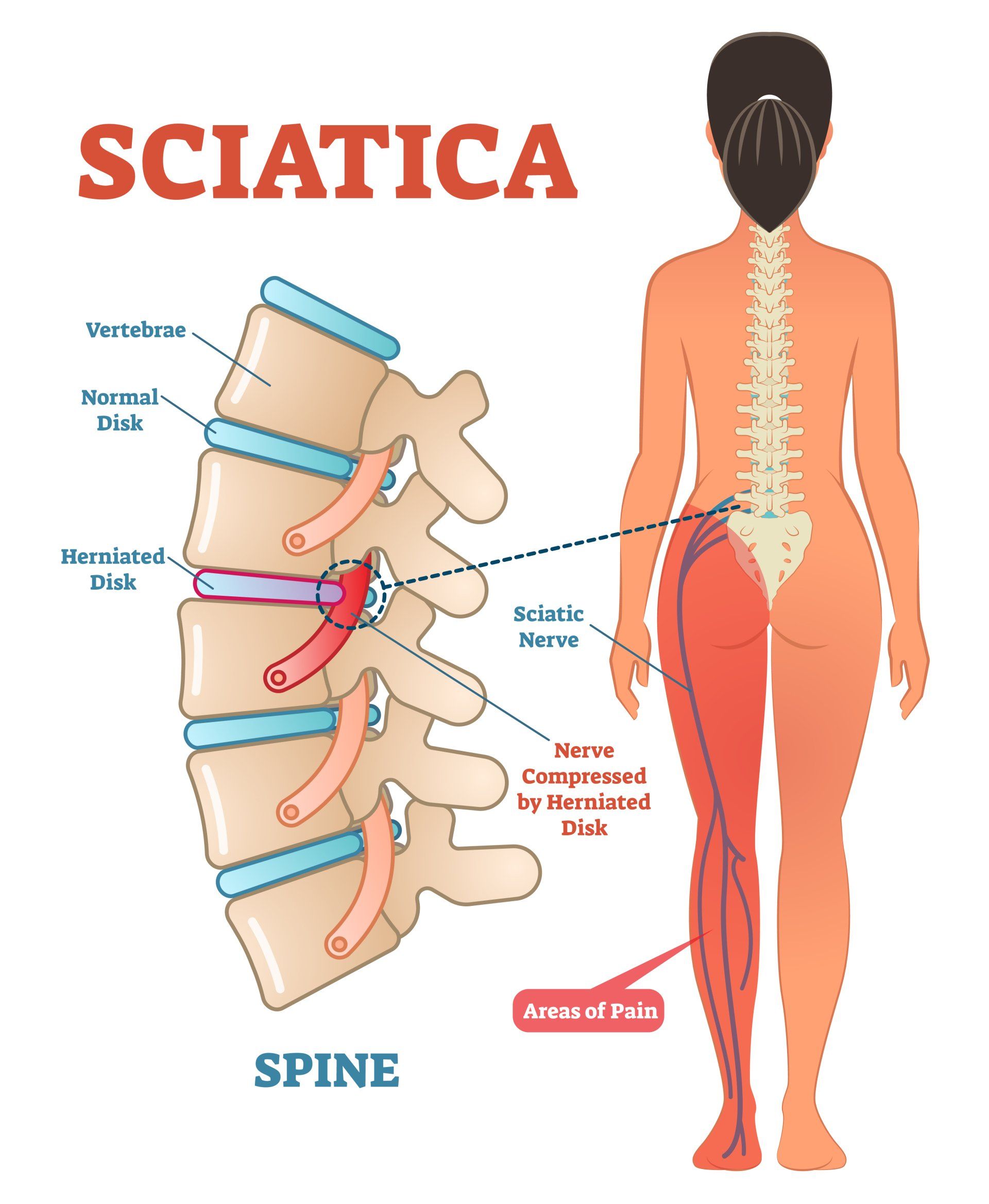
An MRI for lower back pain sciatica, for instance, maybe recommended by a medical professional when other symptoms and factors increasing a person’s risk of developing sciatica are present. Other symptoms include pain on the legs, hips, or feet, and difficulty when standing up. Risk factors include obesity, lack of regular physical activity, and old age.
Today, diagnosing sciatica can also be aided by a new tool known as MR Neurography. Unlike an ordinary MR scan, this procedure is designed to show detailed images of the nerves. With this new capability, sciatica and other conditions involving pinched nerves and other related nerve abnormalities can now be more accurately diagnosed.
Common Questions about MRI:
- Does MRI show muscle damage?
Unlike an x-ray which only shows your bones, an MRI scan shows your bones as well as the soft tissues in your body, which includes your muscles, ligaments, internal organs, and spinal discs.
- Which is better for back pain – MRI or CT scan?
That depends on what your physician wants to see. An MRI Scan is generally recommended when examining a specific area of the body that requires non-invasive diagnostics to determine any abnormalities. A CT Scan, on the other hand, can help achieve the same thing, except that this diagnostic tool is more helpful for examining larger body structures. CT scans use ionizing radiation, which can damage DNA and cause cancer. MRI scans and ultrasound do not use radiation. CTs are used for a plethora of reasons, among them finding kidney stones, evaluating chest pain, and detecting tumors or other abnormalities.
- What does an MRI scan show on your back?
An MRI scan of your back will show images of wear and tear on the spine and other bones of your back, along with muscles, ligaments, and other soft tissues in the area. However, it is normal to see signs of damage to structures and tissues of the back, particularly among older adults.
Thus, any seeming deviation from what is normal does not automatically mean that experiencing back pain has more serious underlying causes. In fact, the NHS estimates that only about 1% of people who complain of back pains are affected by any serious underlying health conditions, including severe injuries.
- How long does an MRI of the lumbar spine take?
A private MRI scan for back pain only takes approximately 20 to 30 minutes for the scan to complete. Including preparation and consultation, the whole process takes about three hours. If you think you might require an MRI scan, there are other points to consider before you start searching for an “MRI scan near me”. Prior to booking your appointment, observe how severely your back pain hurts and how frequently the pain occurs. Next, list down any other symptoms you observe. Make sure to bring a list of all the medications you are prescribed to take.
Some centers offer self-referral for MRI scans, where they will ensure that the results are shared with your doctor so that together, you can come up with the safest, most effective treatment, care, and support that addresses your back pain.
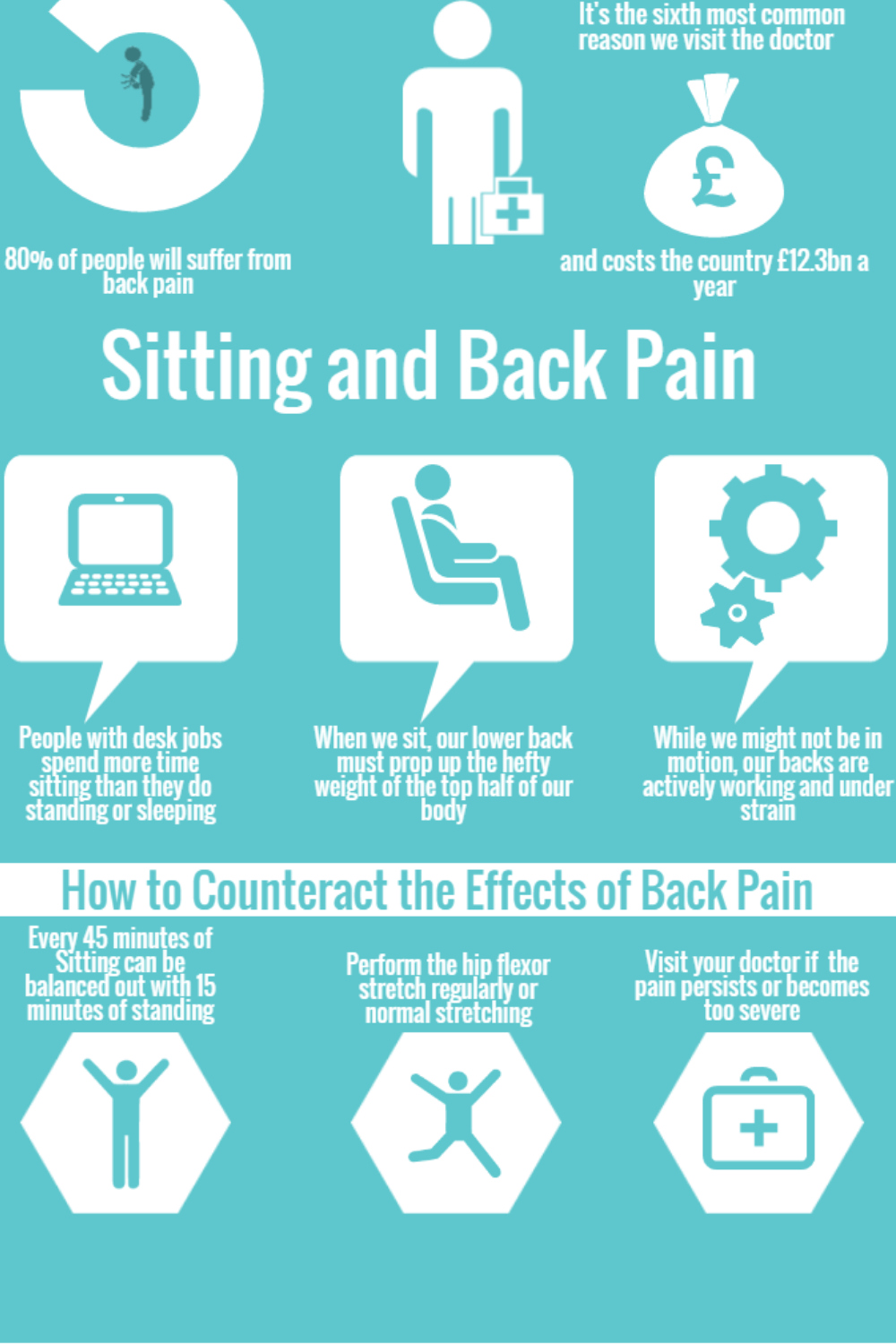
Image Credits: VARIDESK
References:
Greenough C (2016). The National Back Pain Pathway. NHS England. Link: https://www.england.nhs.uk/blog/charles-greenough/ Access Date: 23 Apr 2020
Jarvik G, Gold L, Comstock, B, et.al (2015). Association of early imaging for back pain with clinical outcomes in older adults. Journal of the American Medical Association. JAMA. 2015;313(11):1143-1153. DOI:10.1001/jama.2015.1871. Link: https://jamanetwork.com/journals/jama/fullarticle/2203801 Access Date: 23 Apr 2020
Brighton and Sussex University Hospitals. Spinal Pain: When is the right time for an MRI? NHS. Link: https://www.bsuh.nhs.uk/wp-content/uploads/sites/5/2016/09/Spinal-pain.pdf Access Date: 23 Apr 2020.
Cedars-Sinai Medical Center. “New Way To Diagnose Sciatica May Point To A Different Cause.” ScienceDaily. ScienceDaily, 2 February 2005. Link: www.sciencedaily.com/releases/2005/02/050201192443.htm Accessed Date: 23 Apr 2020
